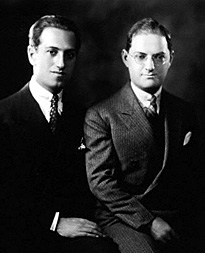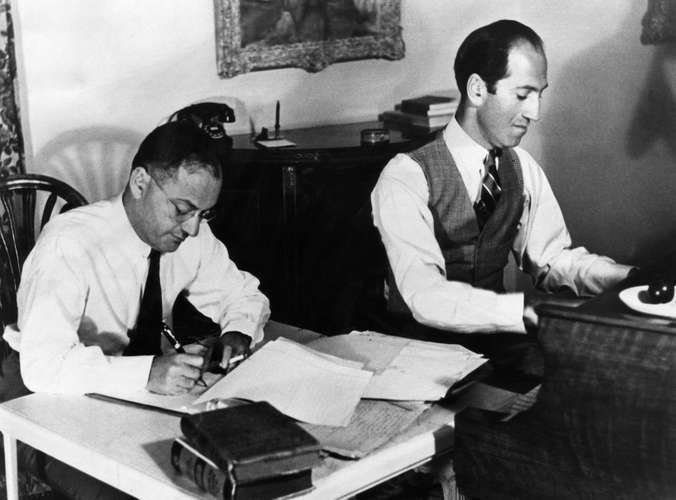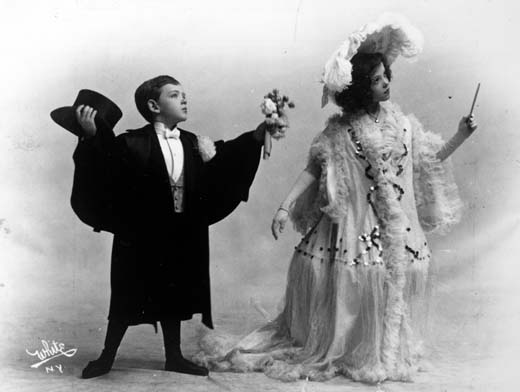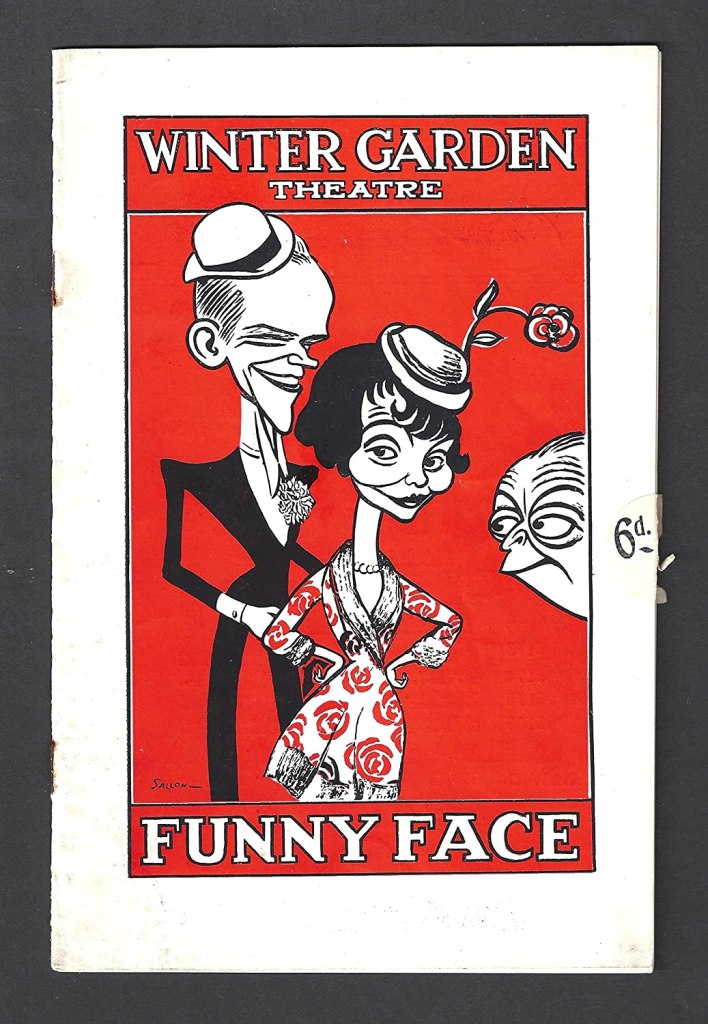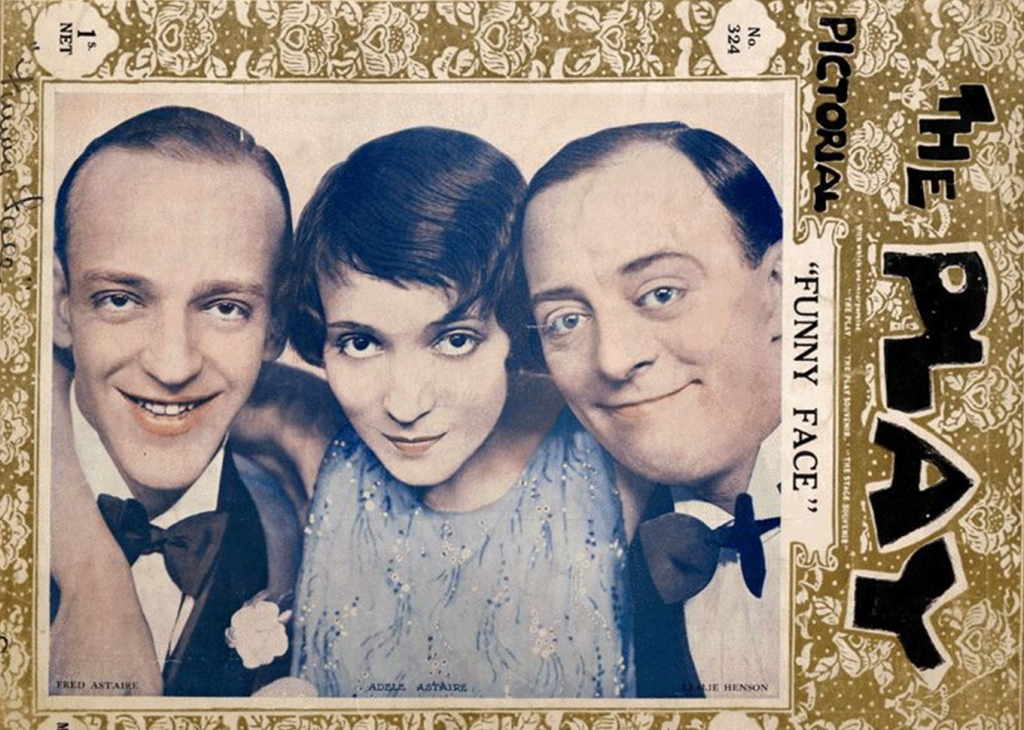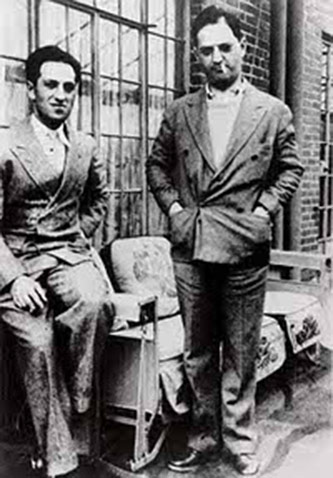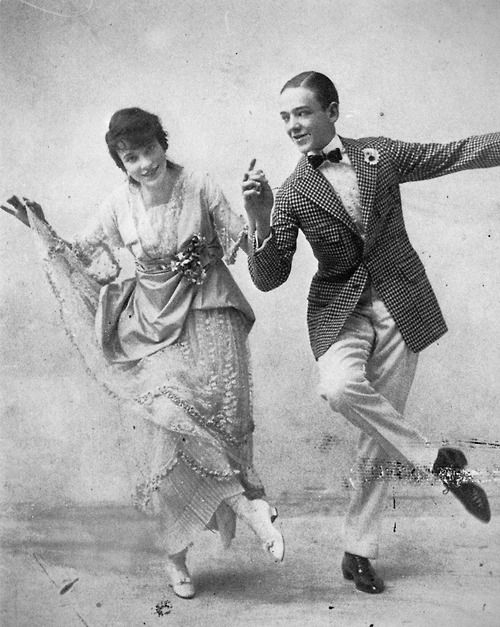
I mentioned in my last blog post that I’ve been doing a lot of reading and watching educational videos about how the music industry works.
Today’s song — which I wrote with pianist/composer/songwriter Steve Sweeting many years ago — is perfectly themed for my current state of understanding (and lack thereof…)

In case you are the least bit curious, here’s a little of what I’ve been learning.
As a singer and songwriter, I am supposed to file for two types of copyright: sound recording (also known as the “master recording”) and song composition (of the actual song).
Song compositions generate payments to songwriters and music publishers — and sound recordings generate payments to recording artists and record labels.
So it turns out I need to learn how to wear four business hats: recording artist, record label, songwriter, and publisher.
Actually I also need to learn how to wear a publicist hat, a business manager hat, a booking agent hat, a social media/advertising hat — and the list goes on and on…

I have learned that sound recordings are given a unique ISRC code so that they can be tracked around the planet as they are downloaded, streamed, enjoyed via satellite radio, played in elevators as Muzak, etc.
In theory this tracking leads to various payment streams for the artist who recorded the song, their record company, the person (or team) who wrote the song, and their publishing company.
Also each original song composition is given a unique ISWC code for tracking purposes.
For example, Dolly Parton wrote and recorded “I Will Always Love You” when she made a very difficult decision to leave Porter Wagoner’s TV show.
This song has a unique ISWC code as a composition AND a unique ISRC code as her particular sound recording of it.
I loved reading in a 2012 interview about how Ms. Parton came to write this iconic song.

“I was trying to get away on my own because I had promised to stay with Porter’s show for five years. I had been there for seven. And we fought a lot. We were very much alike. We were both stubborn. We both believed that we knew what was best for us. Well, he believed he knew what was best for me, too, and I believed that I knew more what was best for me at that time. So, needless to say, there was a lot of grief and heartache there, and he just wasn’t listening to my reasoning for my going.”
She continued, “I thought, ’He’s never going to listen. He’s just going to bitch every day that I go in to talk about this.’ So I thought, ’Well, why don’t you do what you do best? Why don’t you just write this song?’ Because I knew at that time I was going to go, no matter what. So I went home and out of a very emotional place in me at that time, I wrote the song, ’I Will Always Love You.'”
“It’s saying, ’Just because I’m going doesn’t mean I won’t love you. I appreciate you and I hope you do great and I appreciate everything you’ve done, but I’m out of here. And I took it in the next morning. I said, ’Sit down, Porter. I’ve written this song, and I want you to hear it.’ So I did sing it. And he was crying. He said, ’That’s the prettiest song I ever heard. And you can go, providing I get to produce that record.’ And he did, and the rest is history.”
Since then her song has been recorded by a lot of other singers — most famously by Whitney Houston.
And each recorded version has its own unique ISRC code as part of its metadata (plus Dolly’s ISWC code for writing the song) so that it can be monitored — and monetized — via unimaginably vast banks of computers keeping track of playlists, streams, downloads, broadcasts, Muzak services, etc.

Right now the music industry is in the middle of a paradigm shift which began when digital recording technology and CDs arrived in our lives.
When I was first making music as a young adult — performing with a jazz pianist, in a folk duo, and as part of an original five-person pop/rock band — I earned money from live gigs and from the sale of cassettes and CDs.
That era is over…
Music has gone from being sold on an analog object — such as a piano roll, wax cylinder, record, or cassette tape — to being sold as a long string of zeros and ones.
The zeros and ones which encoded music onto CDs allowed us to make copies of songs using our computers… and then share those copies with the rest of the world.
We could share them with our other devices (such as an iPod), with our friends and family, and eventually — via sites like Napster — with anyone else on the planet who also had a computer.

And no one got paid for any of this free file sharing!
Since then the music industry has continued to evolve — with streaming platforms such as Spotify entering our lives — but revenues for recorded music are still way down.
And now we also have COVID-19 reducing opportunities for musicians to earn money from live performances.
In fact many small music venues in the Boston area have already closed their doors…with more likely to succumb in upcoming months.

Deep breath in.
Deep breath out.
It’s hard to know what’s coming next!
My current plan, since the wonderful Doug Hammer is not yet welcoming customers back into his recording studio in person, is to work with him remotely (using Zoom) and polish some songs we’ve recorded in past years.
And write a few more blog posts explaining what I am learning about the music industry.
And continue to wear a face mask when I leave my house.
And ride my bike and walk whenever possible.
And lead Music Together classes — both outside (wearing a new face shield + wireless headset) and inside via Zoom.
And give as much money as I can afford to various political candidates and non-profit organizations who are doing their best to prevent our country from lurching into an autocracy.
Another deep breath in.
And out.
Thank you to Pixabay for their lovely images.
Thank you to Steve Sweeting for writing songs with me and to Doug Hammer for helping us record a bunch of them.
And thank YOU for reading another blog post!


